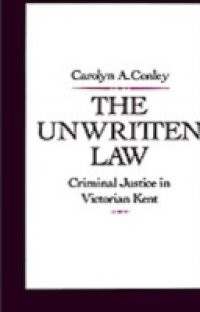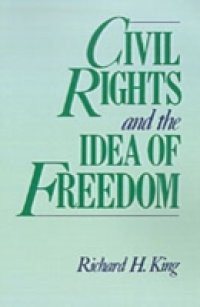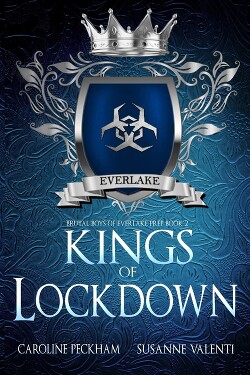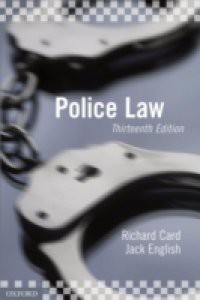The Unwritten Law examines the values and assumptions of mid-Victorian England as revealed in the actual workings of the criminal justice system. The working definitions of criminality and justice were often influenced more by certain tacit assumptions than by the written law. Through a careful study of the ways that the status and circumstances of victims and suspects influenced judicial decisions, Conley provides important new insights into Victorian attitudes toward violence, women, children, community, and the all-important concept of respectability. She also addresses issues that continue to be of concern in today's society: How can equal justice be preserved when social and economic conditions and expectations are not equal? How can the rights of the accused be reconciled with those of victims--especially children? Can and should the courts interfere with the traditions of family and community? What standards can determine the criminality of a particular act and the justice and efficacy of punishment? This original analysis will hold special interest for students and scholars of British history, social history, and criminality and the law.




 8 (1)
8 (1) 














